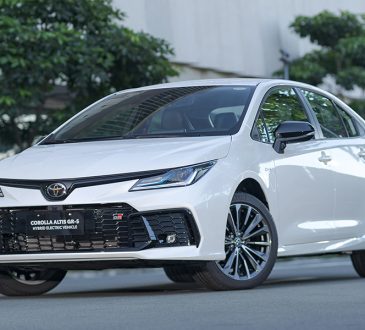
In the vast and ever-changing landscape of transportation, the ability to accurately identify vehicles has long been a challenge. From deciphering cryptic codes to navigating proprietary databases, the process of identifying vehicles has often felt like unraveling a mystery. However, with the emergence of Universal Vehicle Identification Number (VIN) decoders, this once mysterious process has evolved into a mastery of efficiency and accessibility, reshaping how we understand and interact with vehicles in the modern era.
The Conundrum of Vehicle Identification:
Deciphering a vehicle’s VIN has historically been a complex and time-consuming task. Each VIN contains a unique combination of letters and numbers that encode vital information about the vehicle, such as its manufacturer, model, and production year. However, this information was often scattered across various databases and systems, making it difficult to access and interpret, especially for the average consumer or automotive enthusiast.
The Rise of Universal VIN Decoders:
The advent of universal VIN decoders represents a significant milestone in the evolution of vehicle identification. These innovative tools leverage advanced algorithms and comprehensive databases to decode VINs from any manufacturer quickly and accurately. Whether you’re a prospective car buyer researching a vehicle’s history, a mechanic diagnosing a repair, or a law enforcement officer investigating a stolen vehicle, universal VIN decoders provide instant access to a wealth of information with just a few clicks.
Empowering Consumers with Knowledge:
One of the most transformative aspects of universal VIN decoder is their ability to empower consumers with knowledge. In the past, purchasing a used car often felt like a leap of faith, with buyers relying on limited information provided by sellers. Now, with the power of universal VIN decoders, consumers can access detailed vehicle histories, including maintenance records, accident reports, and mileage data, helping them make more informed purchasing decisions and avoid potential pitfalls.
Enhancing Efficiency and Accuracy:
Universal VIN decoders are not only empowering consumers but also enhancing efficiency and accuracy across various sectors of the transportation industry. Fleet managers can quickly assess the composition of their vehicle fleets, insurance companies can accurately evaluate risk factors, and regulatory agencies can enforce compliance with safety standards. By automating the VIN decoding process, these tools eliminate human error and streamline workflows, ultimately saving time and resources for all stakeholders involved.
Navigating the Future of Vehicle Identification:
As technology continues to advance, the future of vehicle identification through universal VIN decoders holds immense promise. From integrating with emerging technologies like blockchain to facilitating seamless cross-border transportation, these tools are poised to play a central role in shaping the future of transportation. However, as we embrace these innovations, it’s essential to remain vigilant about data privacy and security, ensuring that personal information is protected and handled responsibly.
Conclusion:
From mystery to mastery, the evolution of vehicle identification through universal VIN decoders has transformed how we interact with vehicles in the modern era. By providing access to a wealth of information at our fingertips, these tools empower consumers, businesses, and regulatory bodies alike to navigate the complexities of the transportation landscape with confidence and clarity. As we continue to harness the power of technology to drive progress, the possibilities for vehicle identification are boundless, promising a future where the once elusive mysteries of the road are mastered with ease.




